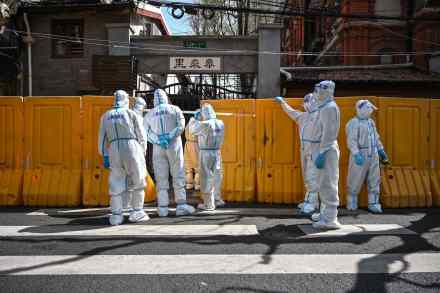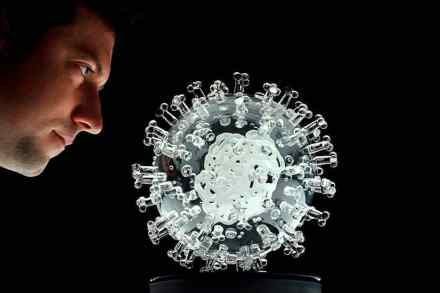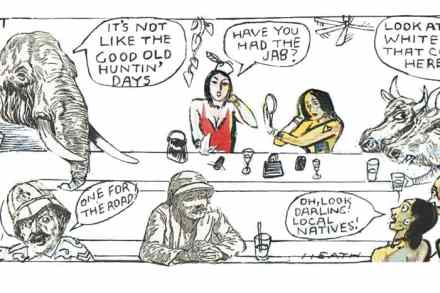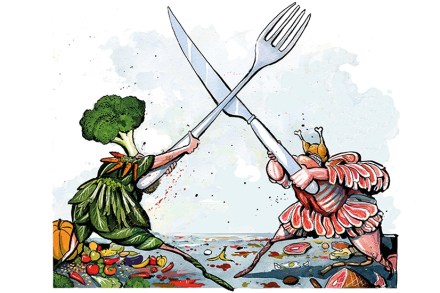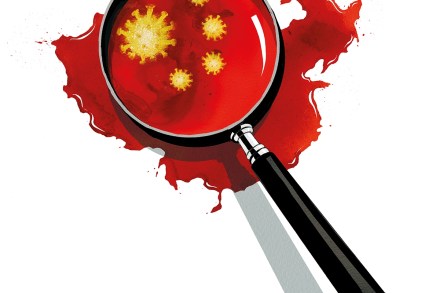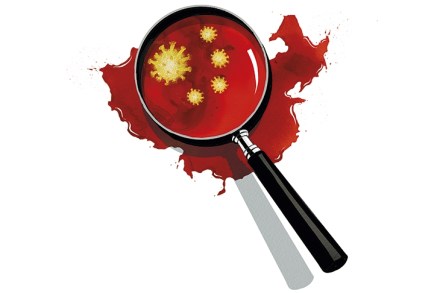As Shanghai locks down, China is facing its greatest Covid crisis yet
The coronavirus is spreading through Hong Kong, Shenzhen and other cities in China like a bush fire; tens of millions of Chinese have been ordered to stay at home yet again. Shanghai, a city of 26 million souls, has been split in two. Those on the eastern side of the Huangpu River will be locked down until
